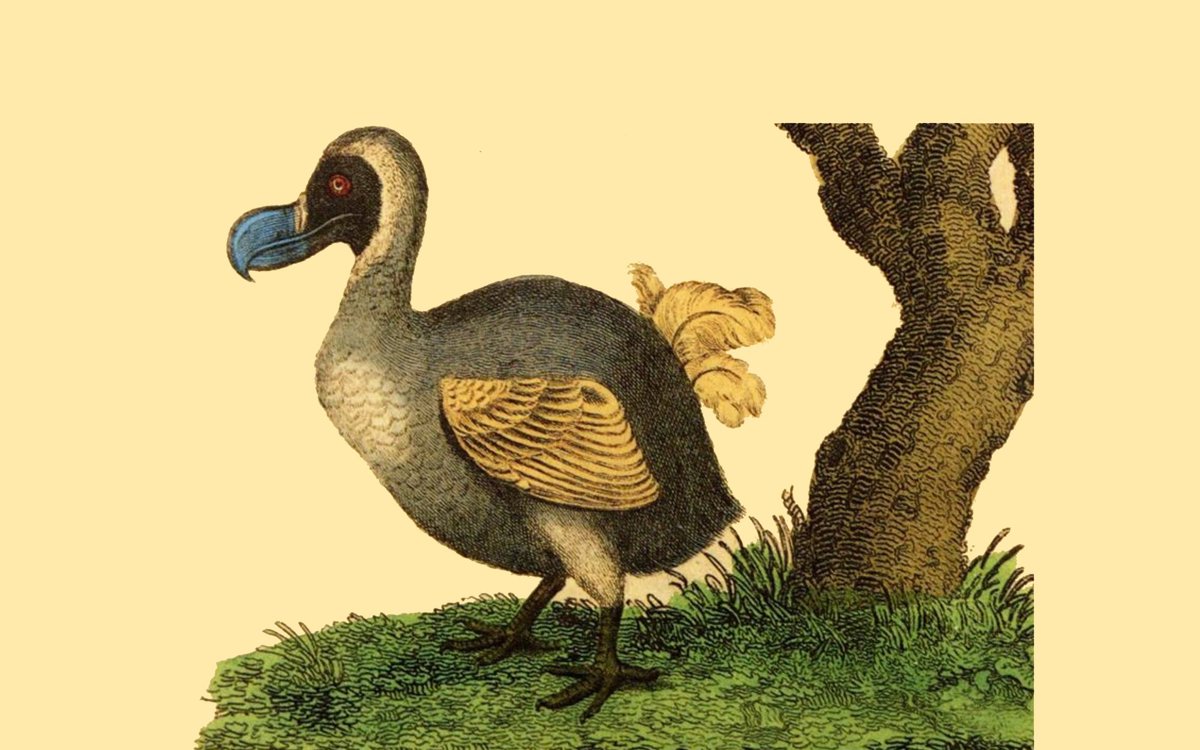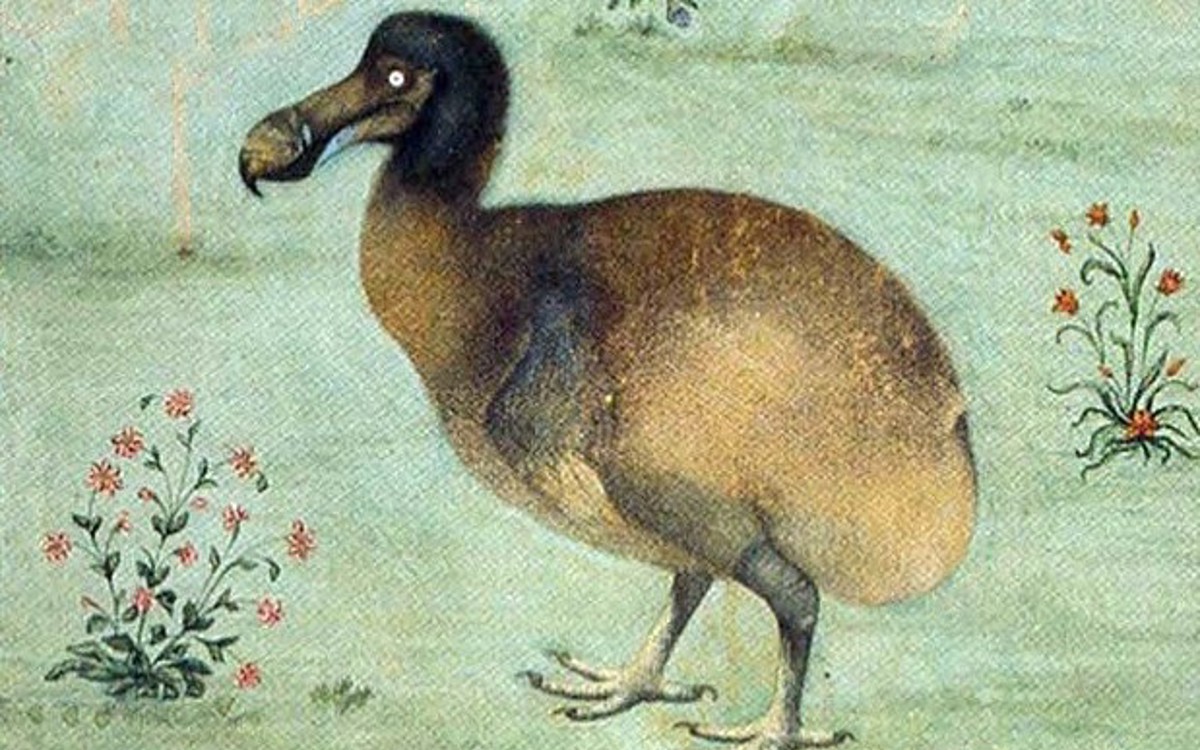An elegy to our most famous and unwitting icon of extinction asks: have we learned anything from its demise? By Kumari Issur, University of Mauritius

An elegy to our most famous and unwitting icon of extinction asks: have we learned anything from its demise?
By Kumari Issur, University of Mauritius
You are gone and lost forever.
You once proudly paced the predator-free plains and primal forests of Mauritius.
You beheld the majestic paille-en-queue perform its neat ballet, the pink pigeon hoo-hoo and coo-coo, the spectacular red-headed fody partake of nectar with its brush-tipped tongue.
It’s a wonder that any of these escaped extinction, albeit narrowly: their closest relatives, the Reunion pink pigeon and kestrel, breathed their last in the 1700s. Your cousin, the Rodrigues solitaire, fared no better.
Yet you, dear dodo, are the epitome of extinction. Thanks to Alice.
You were perfectly in line with your ecosystem; you never felt threatened by your co-species. Then came the colonial enterprise: human egotism inflated to the extreme.
You became the icon of human implication in the eradication of a species. The unwitting symbol of humans’ decisively detrimental impact.
You, dear dodo, did not stand a chance.
You, dear dodo, did not have a choice.
We do.

Do we ever wonder, dear dodo?
Do we, in our everyday dealings, pause to reflect on the awe-inspiring workings of nature? Do we pay heed to the intricate interconnectedness of all flora and fauna? Do we ever ponder that we hail from the same primitive chaos, primordial soup, or whatever we prefer to call the origins of life on this planet? Do we ever muse that, whether animate or inanimate, organic or inorganic, everything and everyone is made of the very same basic elementary particles, the same molecules, albeit differently arranged?
When did we lose track of the fact that we are an intrinsic part of a whole; one species among many?
We conceitedly conceived a humancentric value system, which led to human hegemony over our environment. A fault line on which are built today’s mainstream philosophy, politics and ethics.
You, dear dodo, became a pin-up for this power. But did we learn our lesson?
For decades, scientists and activists have been sounding the alarm bell, their voices muffled in the deafening clamour of today’s neoliberalist, technological and bureaucratic logic.
Time and again we’ve been told that if even a species as seemingly small and delicate as the bees or the butterflies were to vanish, the ecosystem would simply collapse. Yet if humans were to disappear from the face of the Earth, the planet would manage fine.
Are we humbled? We puny beings with delusions of grandeur! Or do we continue ceaselessly seeking to consolidate our stronghold?

Wherefore our humanity?
You are gone and lost forever. And we are not far behind.
In your times, dear dodo, human life was discriminated upon. European versus other lives.
European exceptionalism was yesterday’s credo. Human exceptionalism is today’s.
Oh, we are indeed this planet’s masters, but only inasmuch as we hold the power to annihilate it.
We are the invasive species; by refusing to recognise the interconnectedness of all entities on Earth, we have turned into the planet’s most dangerous predators.
Our outrageous, unbridled, compulsive consumerism, itself a legacy of colonialism, greedily transforms nature’s treasures into commodities.
Domination, depredation, and despoliation have become our species’ footprint.
Unbury our heads
You are gone and lost forever. But is there hope for us, dear dodo?
The pandemic has made us face our frailty. It’s the perfect trigger to make us reassess our priorities and long-term perspectives. It’s time to stop burying our heads in the social media and other sands and pretending everything is going to resolve itself without our agency. We need to act now, or else...
Without earnestly engaging in a truly transformative process, without committing to an individual and a collective ecological consciousness, without fostering a connection between human and other species and realms, without transcending the anthropocentric bias, we will continue to undermine our planet.
The time is now to rethink and to remodel our connection to our environment. To bring about a radical shift in our thoughts, attitudes, and practices. To dissipate our obliviousness. To reconfigure our relationship to nature. To revise our binary mindset and divisiveness. To stop otherising nature. To stop colonising nature and embrace it as a seamless system which encompasses all forces and forms of life.
Dear dodo, you are gone and lost.
Forever.
But the day of reckoning for the rest of us is not far away.
Dr Kumari Issur is an Associate Professor in Francophone and Postcolonial Studies at the University of Mauritius.
Images (from top): Illustrated dodo by Pictorial Press Ltd / Alamy. Illustration from The Nursery Alice (1890) by John Tenniel and 17th century painting of a dodo by Mughal artist Ustad Mansur, both via Wikimedia
